Having recently changed roles from Head of English to Assistant Head Teaching and Learning, Suzy Pett decided to turn to Literature to think about a couple of pedagogical ideas.
“A chapter having been read through twice, the books were closed and the girls examined. The lesson comprised part of the reign of Charles I, and there were sundry questions about tonnage, and poundage, and ship-money…” Jane Eyre, Charlotte Brontë (1847)
From the caricatures of Gradgrind (Hard Times) to Thwakum (Tom Jones), Victorian literature is brimming with parodies of the education system. Here, we can see Brontë’s wry nod to the testing of seemingly meaningless facts at Lowood School.
Whilst education today is mercifully a far cry from that of the 19th century, the learning and testing of facts is still a hot topic. With the power of Google and Wikipedia at their fingertips, do pupils of the 21st century need to memorise information? Surely, without this encumbrance, we can focus on developing skills, interpretation, application and creativity?
Well, actually, long-term knowledge committed to memory is necessary to free up the working brain to process new information. Our brain is made up of about one billion neurons, each forming about 1000 connections to other neurons. With this capacity for deep memory, we can be more agile in our skills of problem solving: the more knowledge we have, the more flexible we can be in our thinking. Our working memory can only hold three to seven pieces of information at once, so relying on our long-term memory is important.
We can all agree with Brontë, that learning facts in isolation is pointless. However, our pupils continually use their deep learnt information to reflect more broadly and creatively about the bigger picture; about how they might apply these facts to be proactive, probing and provocative thinkers for the radically changing world of the 21st century. Thus, we can debunk that dichotomy of facts and skills: they are not separate pedagogical approaches. A rich curriculum does both together.
“ “But you must know that story?”
“No,” she said, screwing up her eyes as if she referred to the files of memory. “Tell me.”
And he told her the story.”
The Years, Virginia Woolf (1937)
As humans, we are programmed to love a good story. Additionally, we are inherently wired to construct narratives from what we hear and see. Educational blogger Tom Sherrington recently likened the curriculum to a story and gave the following examples of learning-as-narrative:
- How climate change flows from excessive carbon emissions
- How humans came to exist on a planet orbiting a star
- How poets convey the realities of war through imagery and emotions conveyed in the language and structure of their poems
- How fossils of sea creatures can be found half way up a mountain
- How we can derive and use equations that can tell us how objects will move in the future
- How in 1854 John Snow came to understand that cholera was water-borne
(https://teacherhead.com/2018/09/23/great-teaching-the-power-of-stories/)
Just like stories, curriculum teaching requires careful ordering of ideas. We want to instil in our pupils a sense of direction like an overarching plot narrative; there are subplots, twists and turns making a topic more complicated; we require a narrator (i.e. a teacher) who grips the interests of individuals; and a reader (i.e. a pupil) who is invested, intrigued and wants to metaphorically turn the page.
As teachers, it is our job to bring to life a topic/idea/concept and to decide when and how we build on pupil understanding; how we capture pupils’ innate curiosity for ‘what happens next’; what cliff-hangers we build into learning to ignite pupils’ independent thinking to hypothesise beyond the classroom.
‘Knowledge organisers’ have been called “the most powerful tool in the arsenal of the curriculum designer” (Joe Kirby, educational blogger): they sequence facts, concepts and definitions, creating a clear narrative of learning. They provide that overarching plot as well as the intricate detail. They allow us to ‘foreshadow’ later knowledge (to steal a literary term) so that further down the line pupils are ready to make a cognitive leap or to approach a ‘bigger’ more complex topic.
As teachers, we are crafting and delivering ‘bestsellers’ – with an author’s skill we ignite our pupils’ passion so they keep turning the metaphorical pages.
So, thank you, Brontë and Woolf, for whetting both my literary and pedagogical appetite.
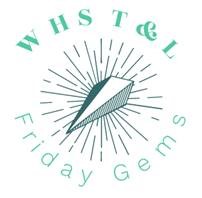

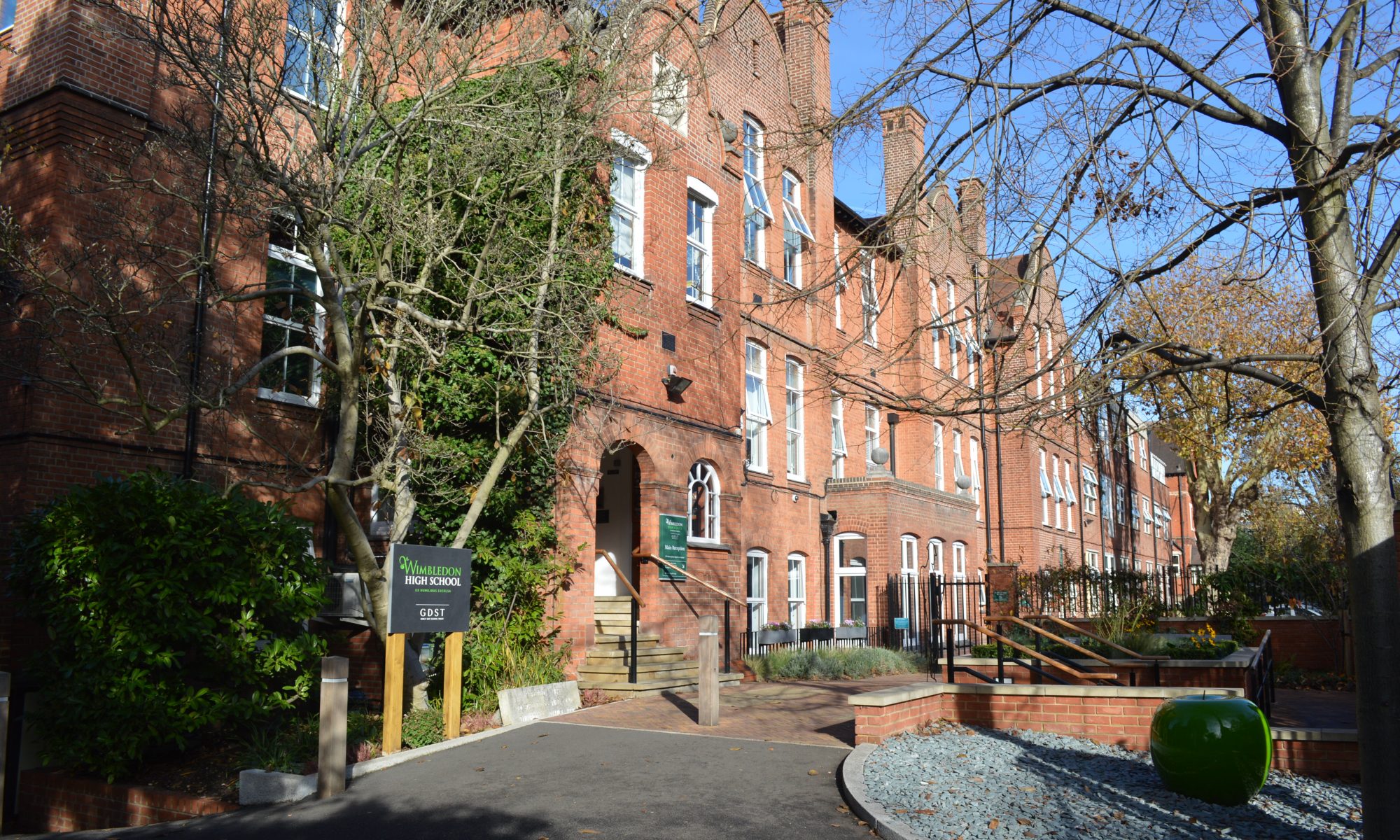
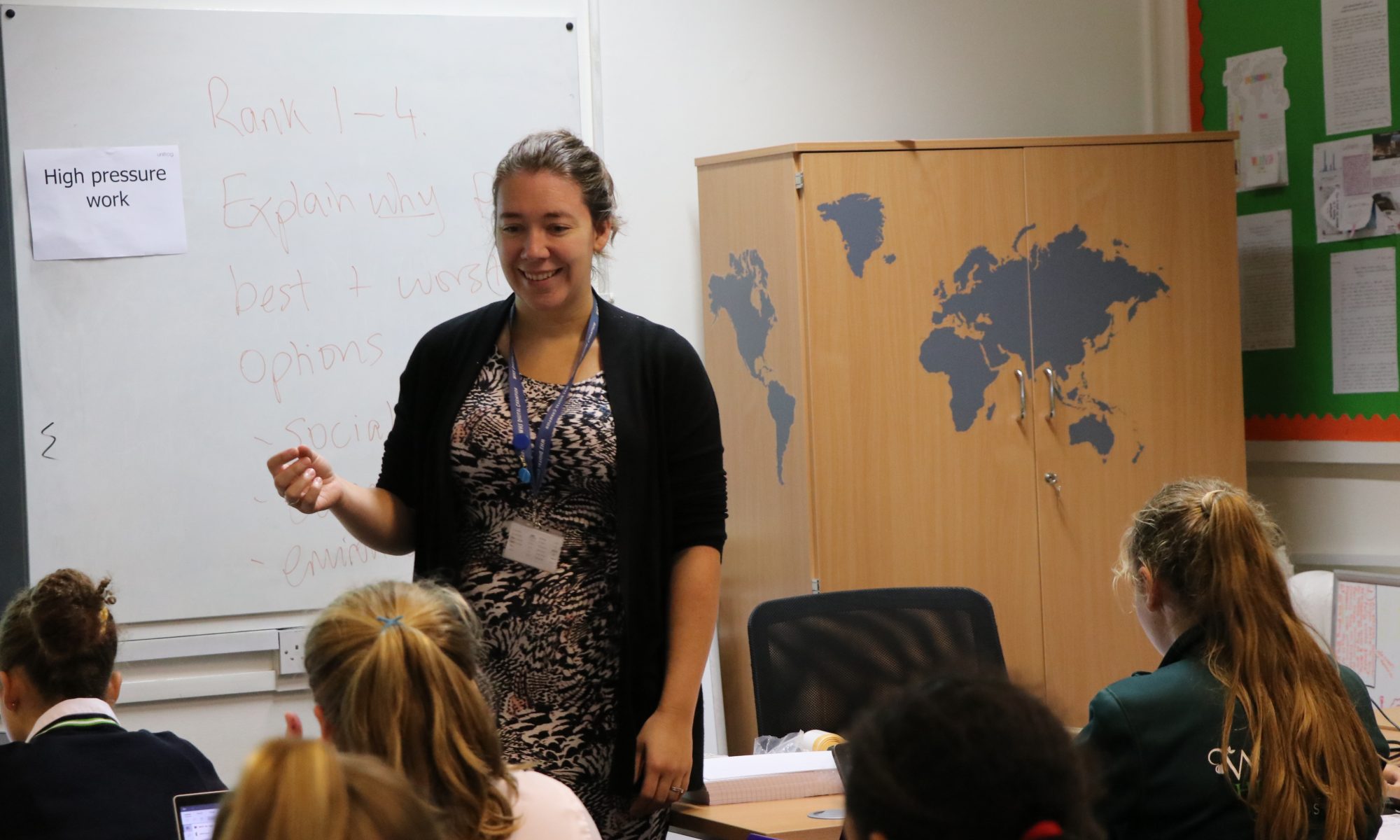
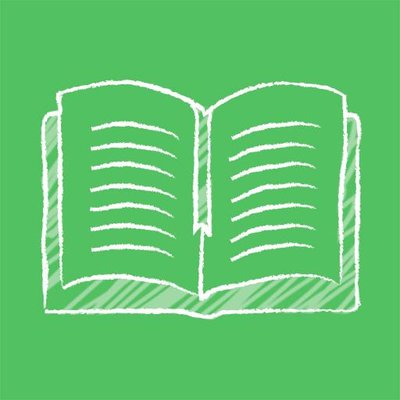
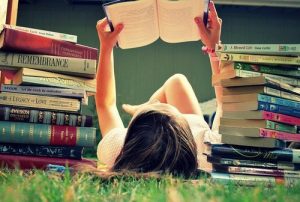 Whilst the word ‘power’ has for a long time been associated with muscular strength, the word ‘knowledge’ has always been connected with the mind. The two words do not seem to have any connection whatsoever. However, today the world power has undergone a tremendous transformation. Today it is commonly recognised that the pen is mightier than the sword.
Whilst the word ‘power’ has for a long time been associated with muscular strength, the word ‘knowledge’ has always been connected with the mind. The two words do not seem to have any connection whatsoever. However, today the world power has undergone a tremendous transformation. Today it is commonly recognised that the pen is mightier than the sword.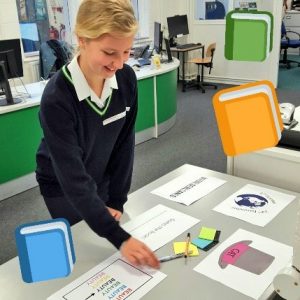 I remember receiving my first library card: the power granted – the exhilaration as the red light of the checkout scanner christened the book – my book. It is great that we have a student library as I, like many others, think libraries are essential. One reason is because they offer educational resources to everyone. Anyone can use libraries to succeed and have the answers to curious minds. Secondly, they preserve history and truth and the preservation of truth is important, now more than ever. Libraries, which house centuries of learning, information and history are important while we fight against fake news.
I remember receiving my first library card: the power granted – the exhilaration as the red light of the checkout scanner christened the book – my book. It is great that we have a student library as I, like many others, think libraries are essential. One reason is because they offer educational resources to everyone. Anyone can use libraries to succeed and have the answers to curious minds. Secondly, they preserve history and truth and the preservation of truth is important, now more than ever. Libraries, which house centuries of learning, information and history are important while we fight against fake news.